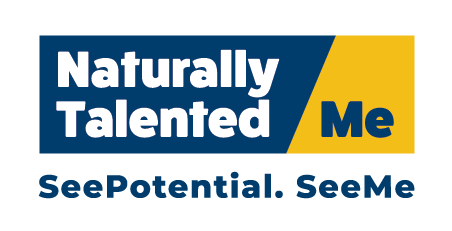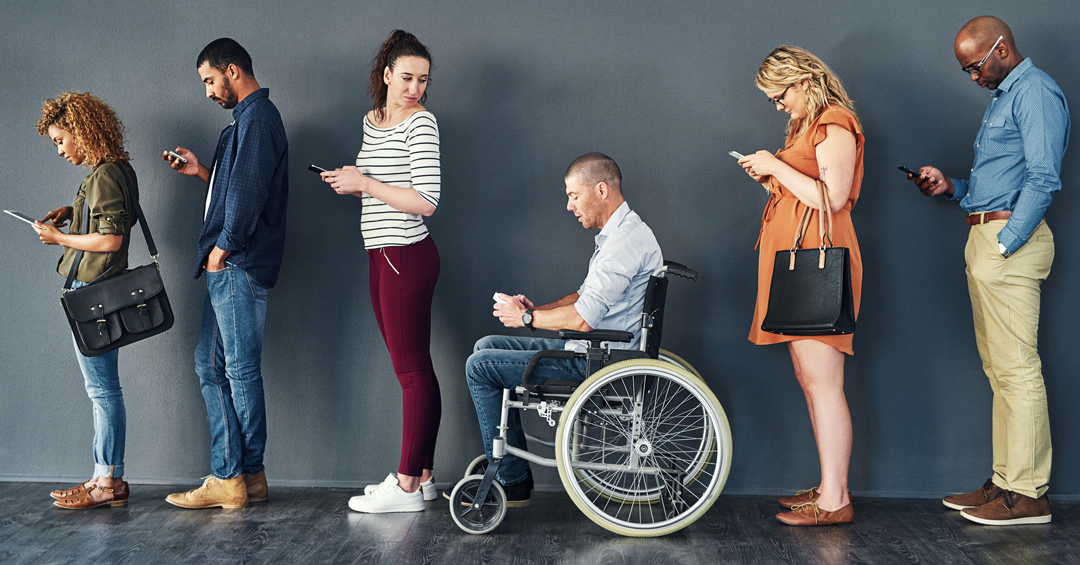The impacts of COVID-19 are, and will continue to be, far reaching. We know that. And sad to say, they will not be limited to the loss of life or to the as yet undetermined changes to our day-to-day way of life. They will not stop at the economic turmoil and the inevitable rebalancing of the government coffers through a variety of claw backs, tax increases and likely deeper austerity than we imagined in our darkest days pre-corona.
A very real personal impact was encompassed in the impassioned summary made by ‘Kerry’, a retail manager made redundant as a direct consequence of coronavirus, who was interviewed on Sky News. Kerry became one of the 856,000 benefits claimants in April alone (a 68% increase like-for-like) and stated simply, “Its not just the money but the personality side of it. It [losing your job] takes your identity away; I don’t know what I am any more. I don’t know what my job is or what it’s gonna be. In some ways that’s exciting, but in the biggest way that’s really, really scary.”
The Prime Minister recently acknowledged that “The challenge is getting the economy moving again and creating high class jobs, good jobs, for the whole country.” But I fear that he is overlooking the core of the issue – that millions of good, hardworking people will lose their jobs in sectors that are being decimated.
Professions and livelihoods that once filled the job boards with adverts and promises of lifelong careers have simply disappeared overnight, leaving people, just like Kerry, rudderless, confused and worried about their future and where they will fit into the new world of work – or no work.
It’s all well and good to be visionary and boldly positive, but will these “high class jobs” replace the gaping void left in hospitality, retail, travel, tourism etc? Don’t we actually need lots and lots of solid, long-term opportunities that play to everyday people’s strengths and provide satisfaction, work-life balance and a sense of personal pride? Jobs that harness the very best in, and diversity of, people? Jobs that reward emotionally and mentally as well as financially? Not so much high class but realistic, needed and appropriate to address the real issue?
Boris does, however, seem to have a plan: “My mantra remains that the way to do that is with better infrastructure, better skills and better technology. We’re going to stick ruthlessly to that,” he said.
And that’s where we (Naturally Talented Me) come in.
We agree with Boris – broadly. But first we need to use the language of “better skills” differently and re-imagine what employers truly need to deliver great services, products and experiences.
We have a latent resource of amazing capability in the form of our SEND, ex-offender, older worker and ex-military communities – communities of repeatedly overlooked talent – and now, as a result of this damned virus, in the growing ranks of the COVID-displaced. People like Kerry.
The pandemic and its economic fallout have put even more barriers to employment in the path of those most disadvantaged. It is itself an unemployment pandemic – worse than we have seen for over 20 years.
If we know where and how to look, we have available highly employable attributes such as teamwork, attention to detail, creativity, patience, caring – the untrainable DNA that drives success and delivers fantastic results IF aligned to the right roles.
Through our free to use technology platform www.naturallytalentedme.com, it is now possible to reveal these previously hidden and untapped natural talents, quickly, easily and in a fun and engaging way.
By aligning the outputs of an individual’s personal profile to the new language of “natural talents” (as opposed to the outdated “better skills”) requested by forward thinking employers, we will end up with a more productive and better matched workforce that has reimagined each worker’s place and value in the world.
The perfect synergy of infrastructure, skills and technology.
You’re welcome, Boris.

